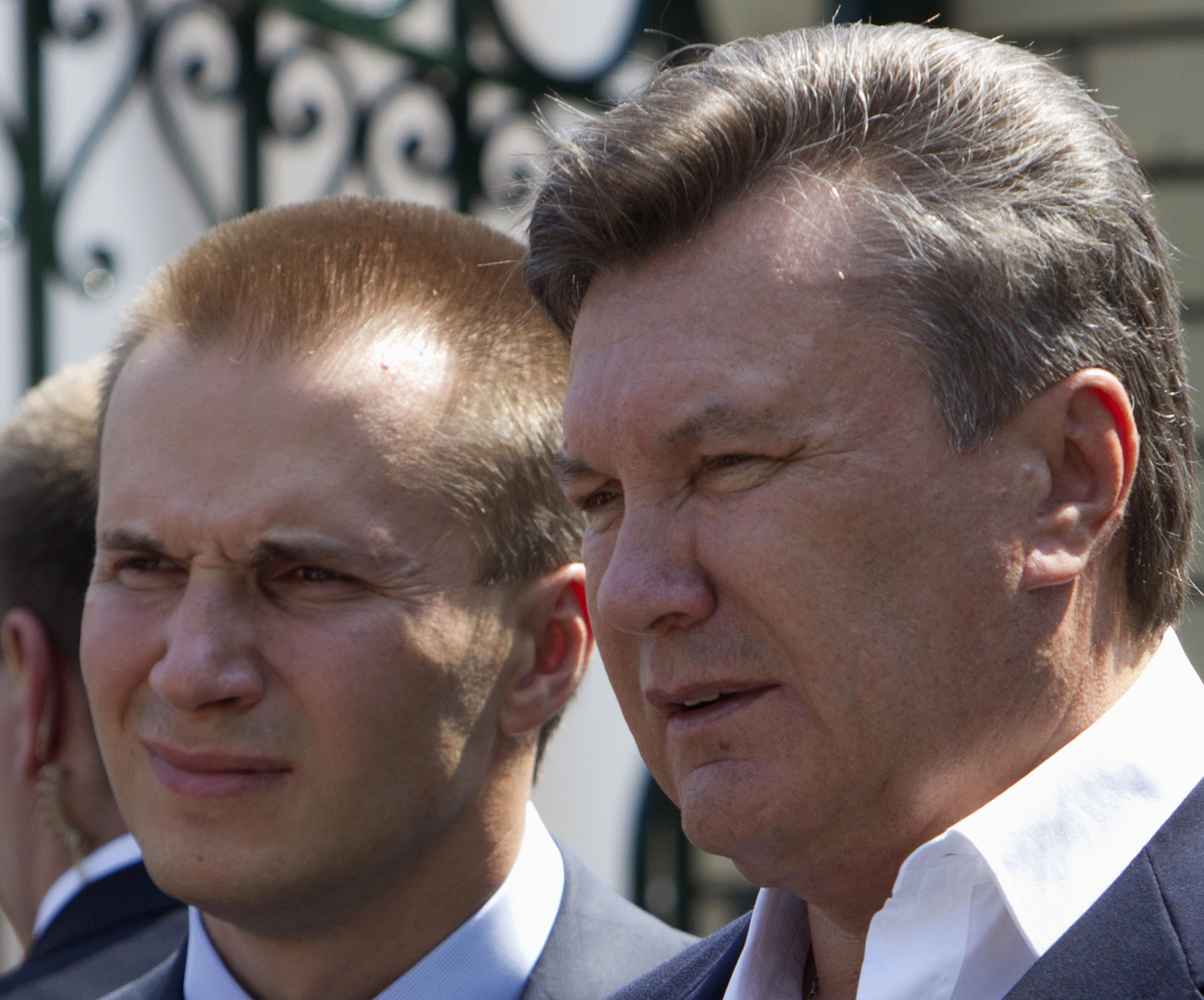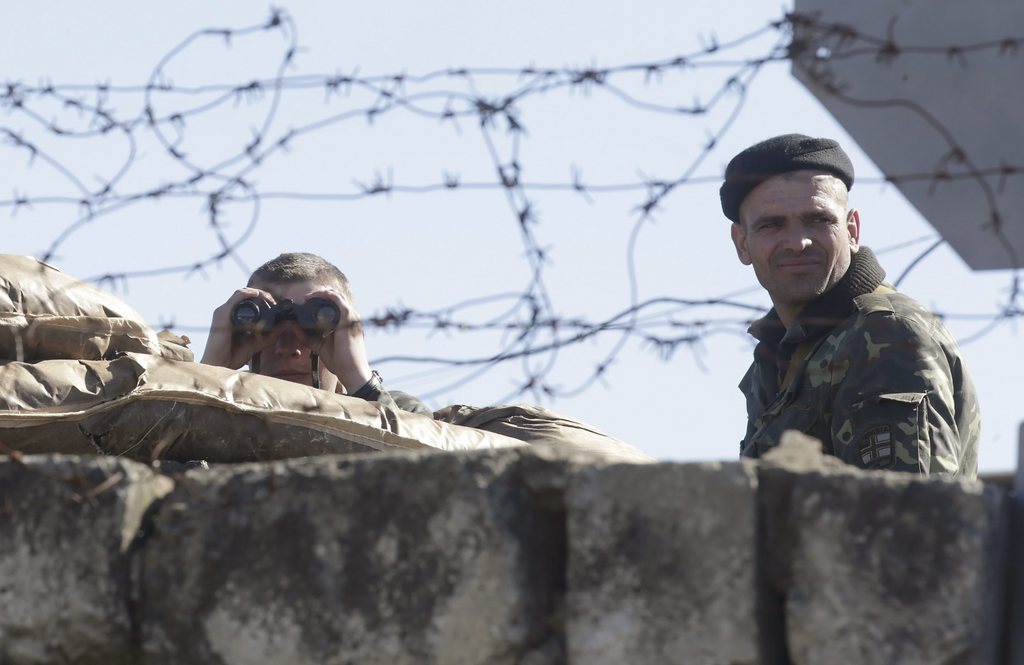Training for Russian soldiers put on ice

Switzerland has postponed “indefinitely” mountain courses for Russian soldiers as a result of the ongoing crisis in the Crimea, the defence ministry has confirmed.
This year, 42 members of the Russian armed forces were set to attend the army’s advanced training centre in Andermatt, canton Uri, and benefit from Swiss mountain know-how, according to defence ministry spokesman Reto Kalbermatten.
Confirming reports in the Aargauer Zeitung and Südostschweiz, he said Switzerland had “diplomatically” made contact with the Russian defence ministry to arrange a temporary pause in the planned mountain courses.
“As a neutral country, Switzerland feels special restraint is necessary in times of international tension,” he said.
In 2011, a military cooperation agreement was signed between the two countries with such courses in mind.
Since 2012, around 80 Russian soldiers have taken part in a three-week course in Andermatt, learning mainly how to climb and deal with avalanches. In exchange, it was planned for two Swiss officers to spend a year at the military academy in Moscow; one completed this in 2012, the other is halfway through the course.
Confrontation
Russia and the West are currently locked in the most serious confrontation since the end of the Cold War over influence in the former Soviet republic of Ukraine, a major commodities exporter and strategic link between East and West.
Ukraine pulled out of a trade deal with the EU under Russian pressure last year, sparking months of protests in Kiev and the February 22 ousting of President Viktor Yanukovych, a Russian ally.
Russia has effectively occupied Crimea, where its Black Sea fleet is based, raising international tensions and provoking sharp falls in financial markets on Monday, although they have since stabilised.

In compliance with the JTI standards
More: SWI swissinfo.ch certified by the Journalism Trust Initiative












You can find an overview of ongoing debates with our journalists here . Please join us!
If you want to start a conversation about a topic raised in this article or want to report factual errors, email us at english@swissinfo.ch.